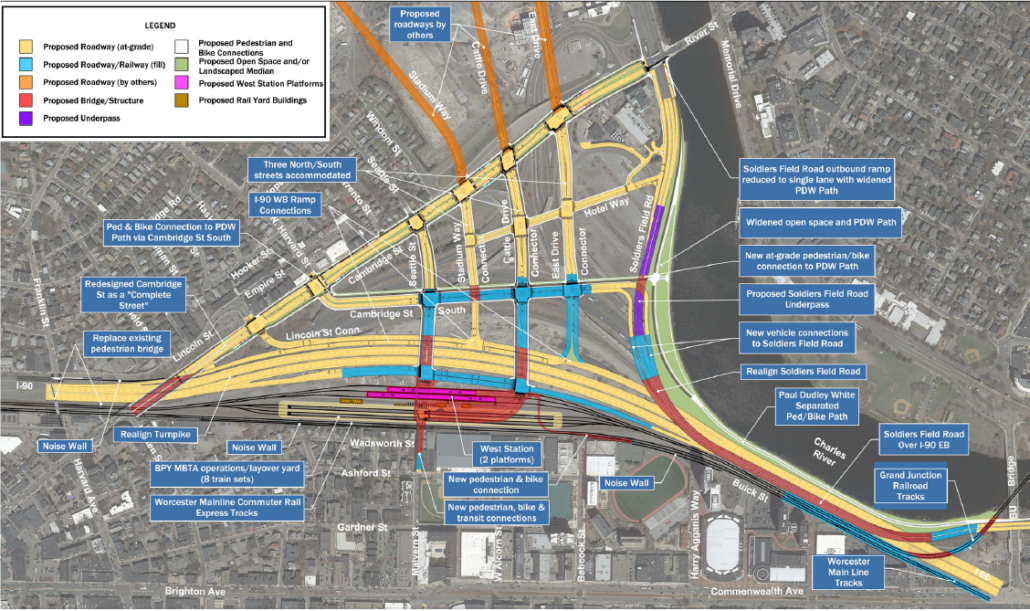Pioneer Institute’s Government Transparency Resolutions 2020
In 2019, Pioneer Institute continued our work of advocating for fully accountable and efficient governance in the Commonwealth, in part by advocating for reform on Statements of Financial Interest and K-12 education, calling for audits of UMass Boston’s financial disclosures, censuring the state legislature for exempting itself from public records laws, shining a spotlight on underfunded MBTA pension liabilities, and fighting for improved access to healthcare price information.
Still, only modest transparency reforms have passed on the state level since the Center for Public Integrity gave the Massachusetts government a D+ for accountability in 2015. In 2020, Pioneer’s work to promote more open government is far from over.
As we do each January, Pioneer shares the resolutions it hopes state leaders will adopt to bring government actions into better focus and invigorate our democracy with heightened public engagement. As the late Supreme Court Justice Louis Brandeis noted, “sunlight is said to be the best of disinfectants; electric light the most efficient policeman.”
|
|
|
|
|
|
|
|
|
|
|
|
|
|
|
|
|
|
|
|
|
|
|
|
|
|
Receive Our Updates!























